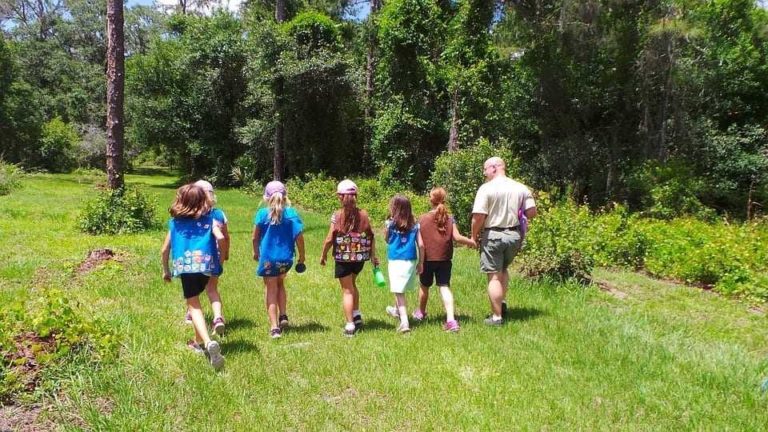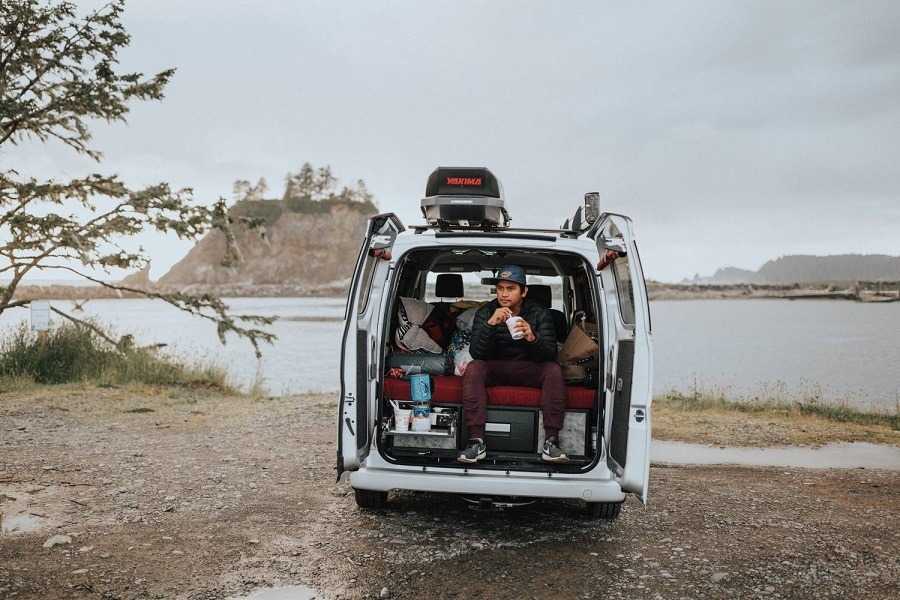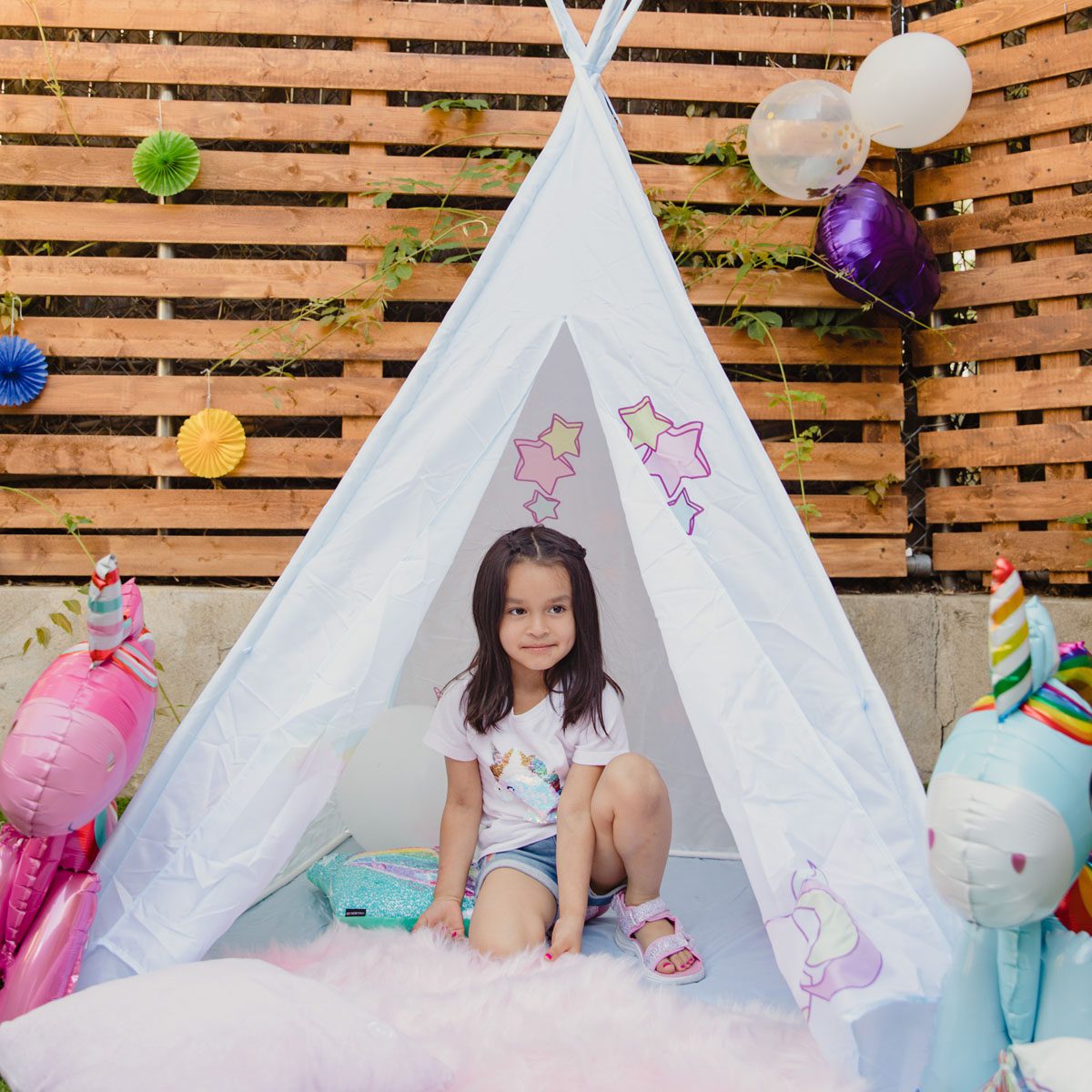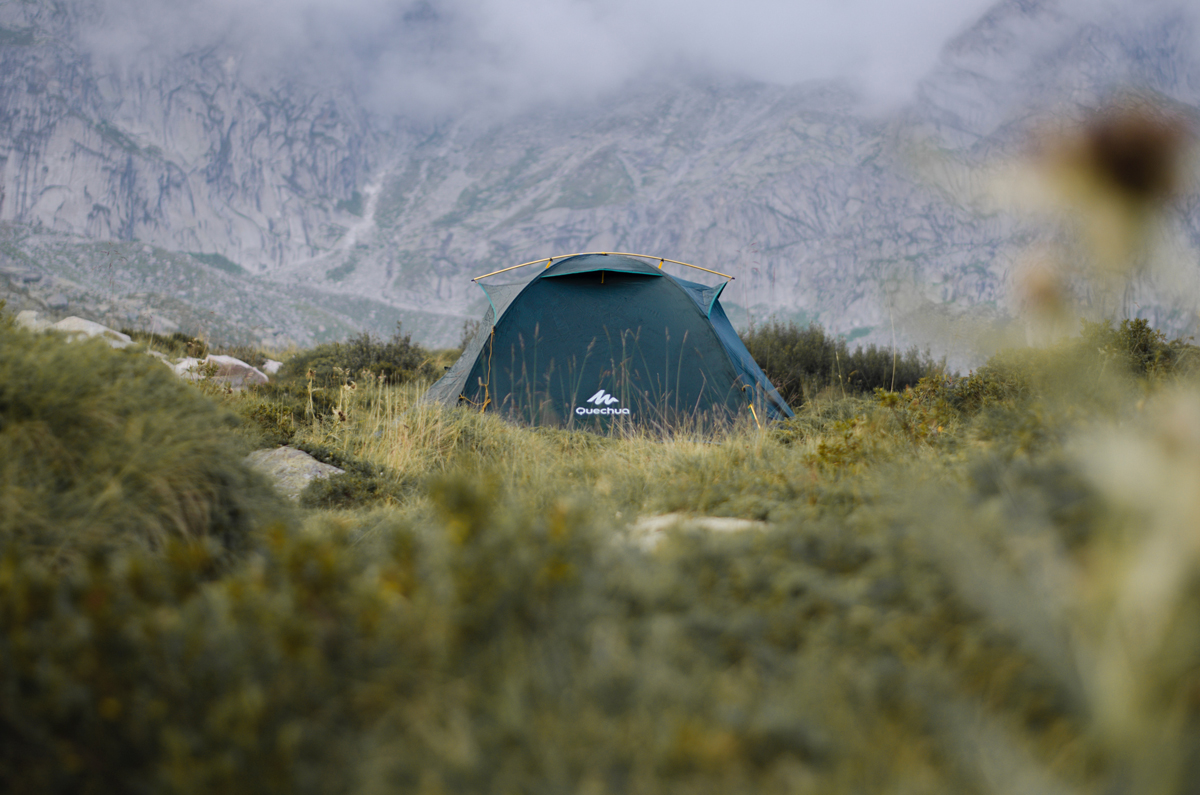Phone
+1-650-666-095
Contact E-mail
[email protected]
Address
16192 Coastal Hwy, Lewes, DE 19958-3608
Educational Camping and Why You Should Consider It
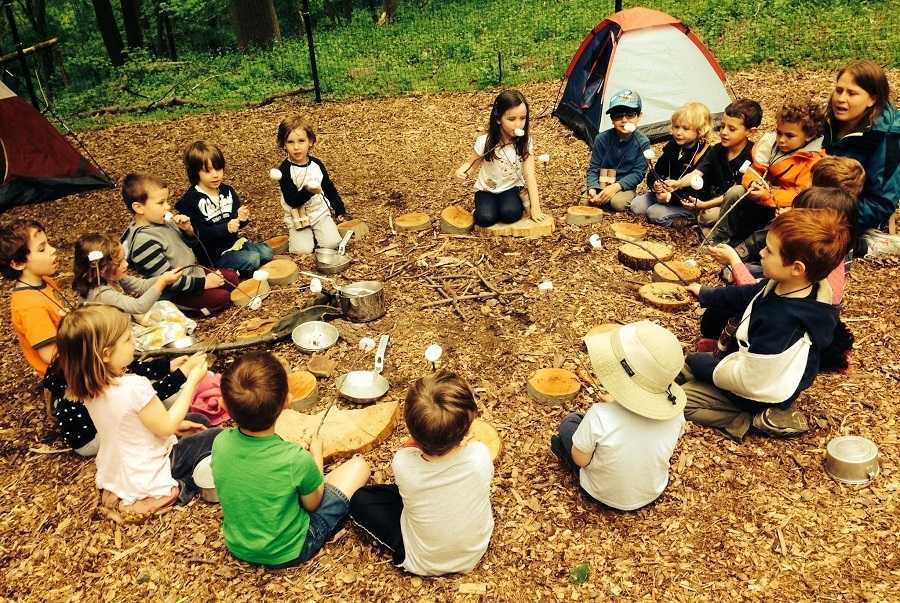

Let’s discuss the educational camping experience for kids! We’ll define educational camps, share the many types of these camps available, and analyze the benefits of such activities. We also have an entire section dedicated to creating your own educational camping experience!
Do you have memories of attending camp as a child? Maybe you never experienced camp yourself, but you’ve seen it in a movie or a television show.
A camp is a place where children and adults alike spend time learning new skills, meeting new people, and enjoying their time. Luckily, educational camping has a long list of benefits for all to enjoy.
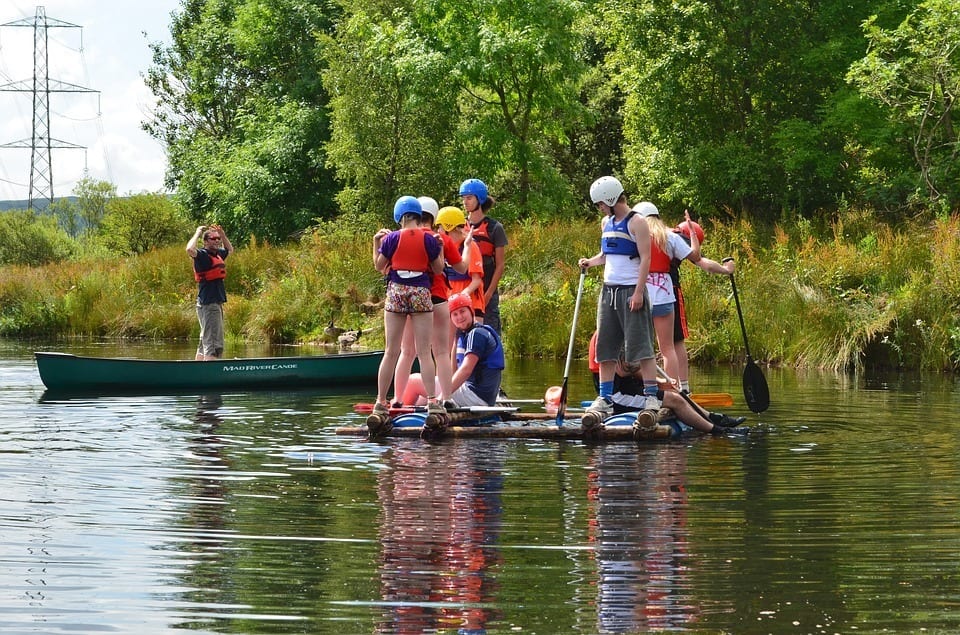

What Are Educational Camps?
We can understand educational camping as outdoor activities and with the purpose of teaching camping insights. Overall, the educational camps can vary as there are many outdoor activities to teach specific skills or provide knowledge about camping.
Usually, most of the participants in such activities are junior kids or teenagers. However, you can easily find many practical educational camping activities for adults as well.
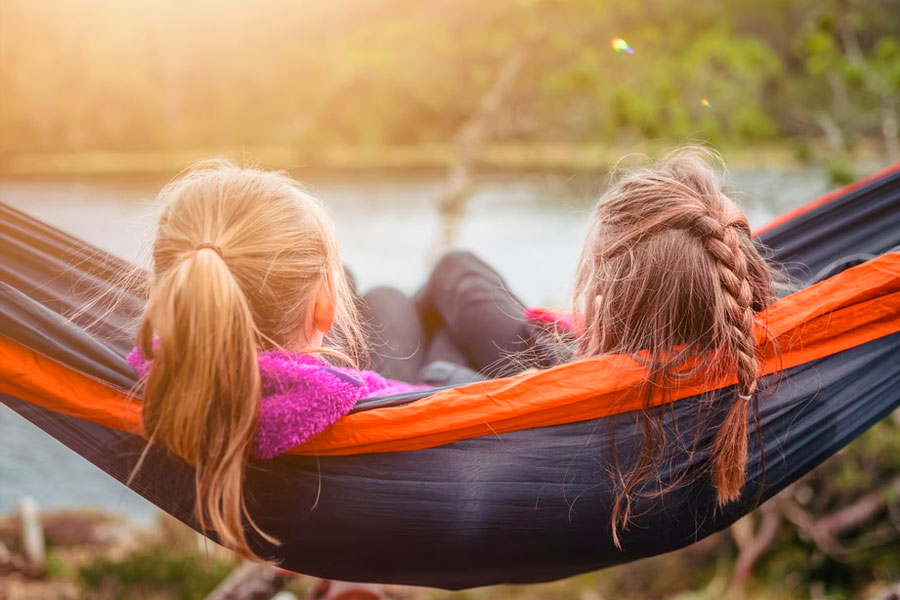

If you are wondering what exactly you can do so that it can be qualified as educational camping? Then the answer is you have unbounded abilities, and there are no universal rules regarding educational camps.
Just like any camping trip, there’s no set time for how long you have to be out to qualify it as a camping trip. Spending just one night away is still camping. Depending on the trip and what the educational purpose is, there are varying lengths.
Usually, these camps have one goal in mind. That goal is to teach its participants about something important. Whether it’s socializing, health and fitness, nature and wildlife observation, or simply learning outdoor skills, an educational camp can vary quite a bit depending on what its purpose is.
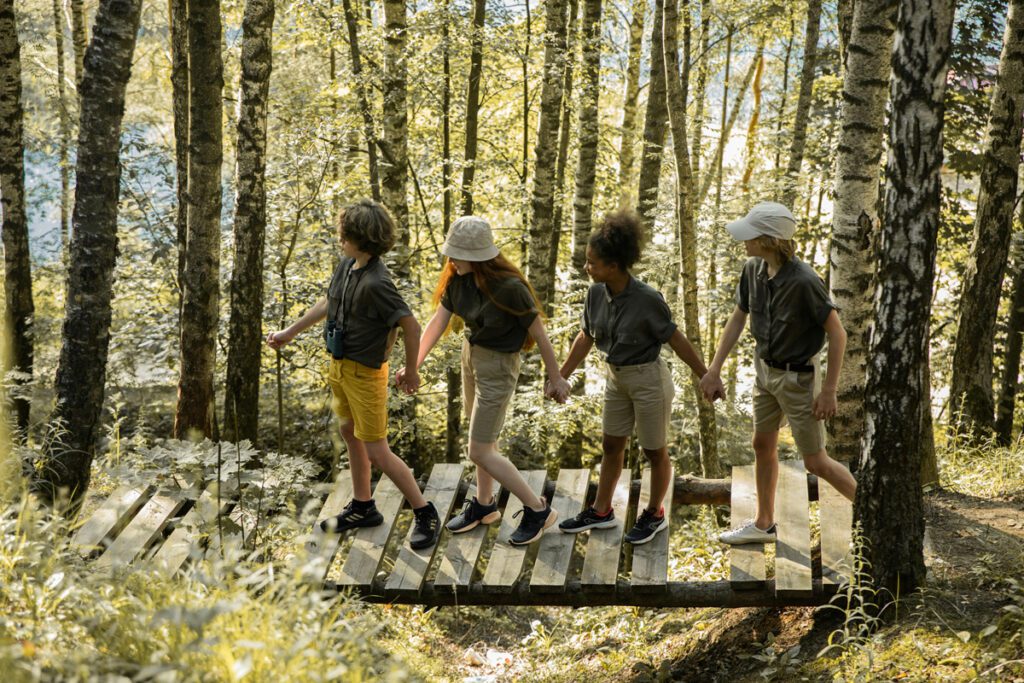

Moving on, we have already mentioned that there are several ways of educating someone or yourself in camping, yet you can find it easier to search between the most common types of those activities.
The Different Types Of Educational Camps
Although there’s no strict definition of what an educational camp is, there are some common types that many school-aged children attend each summer. These educational camps are available for kids and teenagers as they cover a variety of interests and abilities. No matter what your child’s passion may be, there’s an education camping experience for them!
1. Nature Camp
A nature camp is where the participants camp out in nature, usually in tents and with a limited amount of supplies. These camps teach about the environment, wildlife, and how to leave no trace behind heading into the great outdoors.
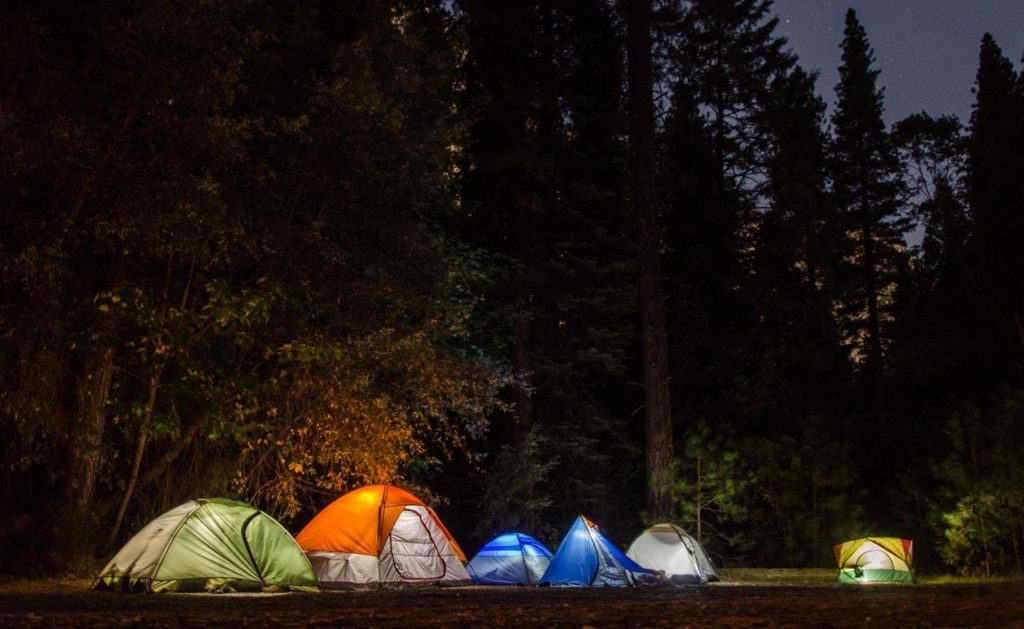

Also, you can perform many valuable activities while being on a nature camp. You may try exciting activities like nature scavenger hunts, learning and analyzing wildlife, playing board games, and spending fun together with your family.
By doing activities like a scavenger hunt or analyzing and observing wildlife, you or your family members could develop analytical skills of surroundings our environment. Moreover, there is a possibility to get experience in identifying various plants. You may even have a good relaxation from the daily routine, get inspiration from being out in nature, and dedicate some time for a fun time with your surroundings.
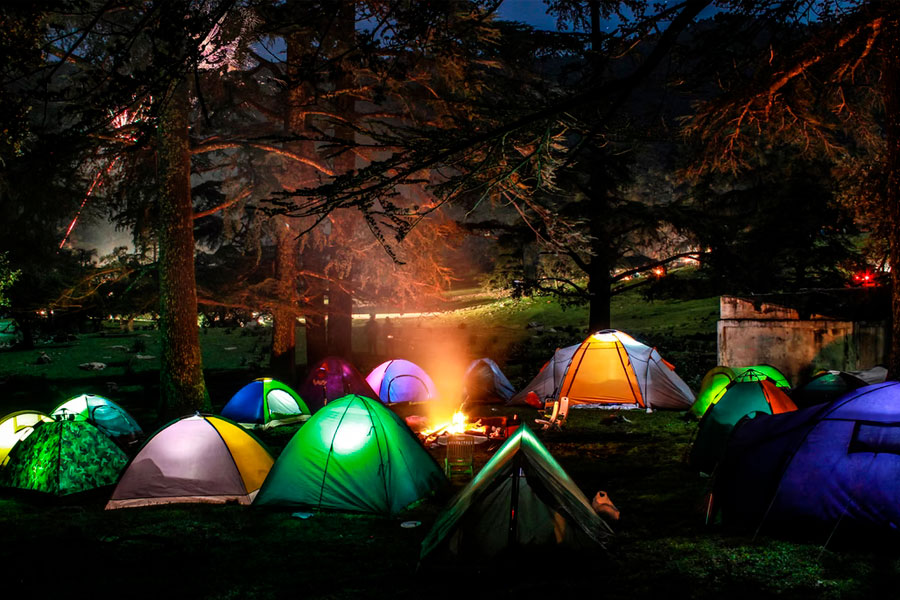

Outdoor experience companies organize nature camps, or they may also be organized by individuals as well as simply by you. These camps are popular because of the unforgettable experience they provide and all you need for it is appropriate equipment. The equipment may include but is not limited to:
- a tent,
- sleeping bag,
- sleeping mat,
- and outdoor blanket.
Nature camps are also popular among adults as well as juniors. During this activity, you can learn many practical skills and earn knowledge, like:
- exploring nature,
- developing your navigation abilities,
- unplugging
- and improve your survival skills.
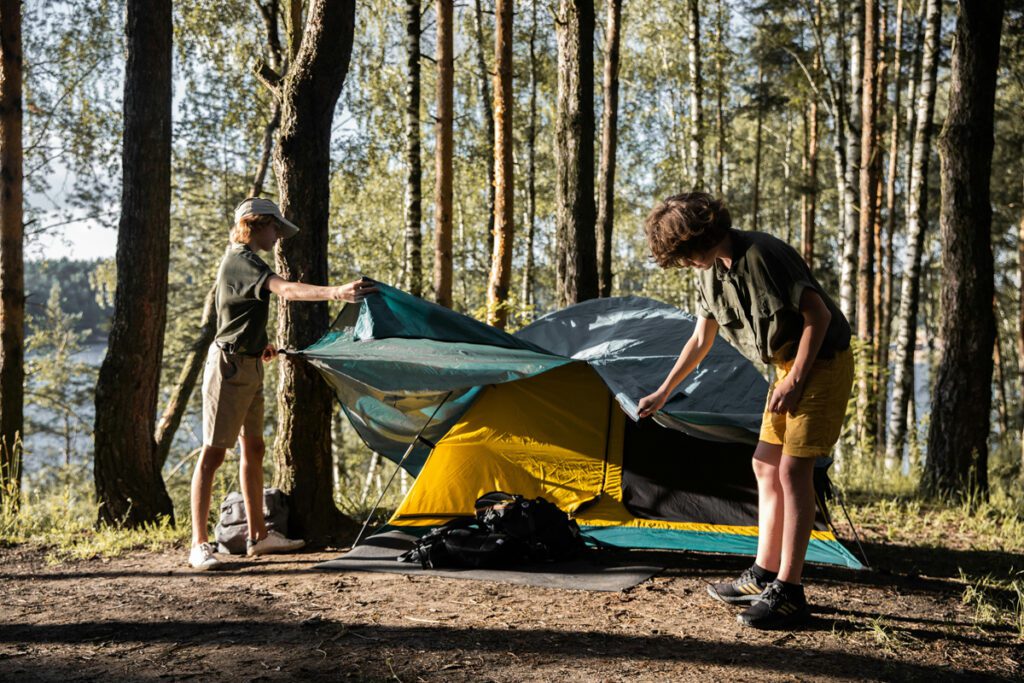

2. Skills Camp
A skills camp’s target goal is to develop specific skills or abilities, such as sports skills, recreational skills, or the arts. They educate participants on their interests and also create a bonding experience for everyone.
Skills camps are often week-long experiences where the participant is fully immersed in the skill for most of the day. Sometimes, skill camps are merely a few hours a day for one whole week at a time. The type of skills camp you choose should depend on your dedication to the activity and what you’re looking to achieve with these skills.
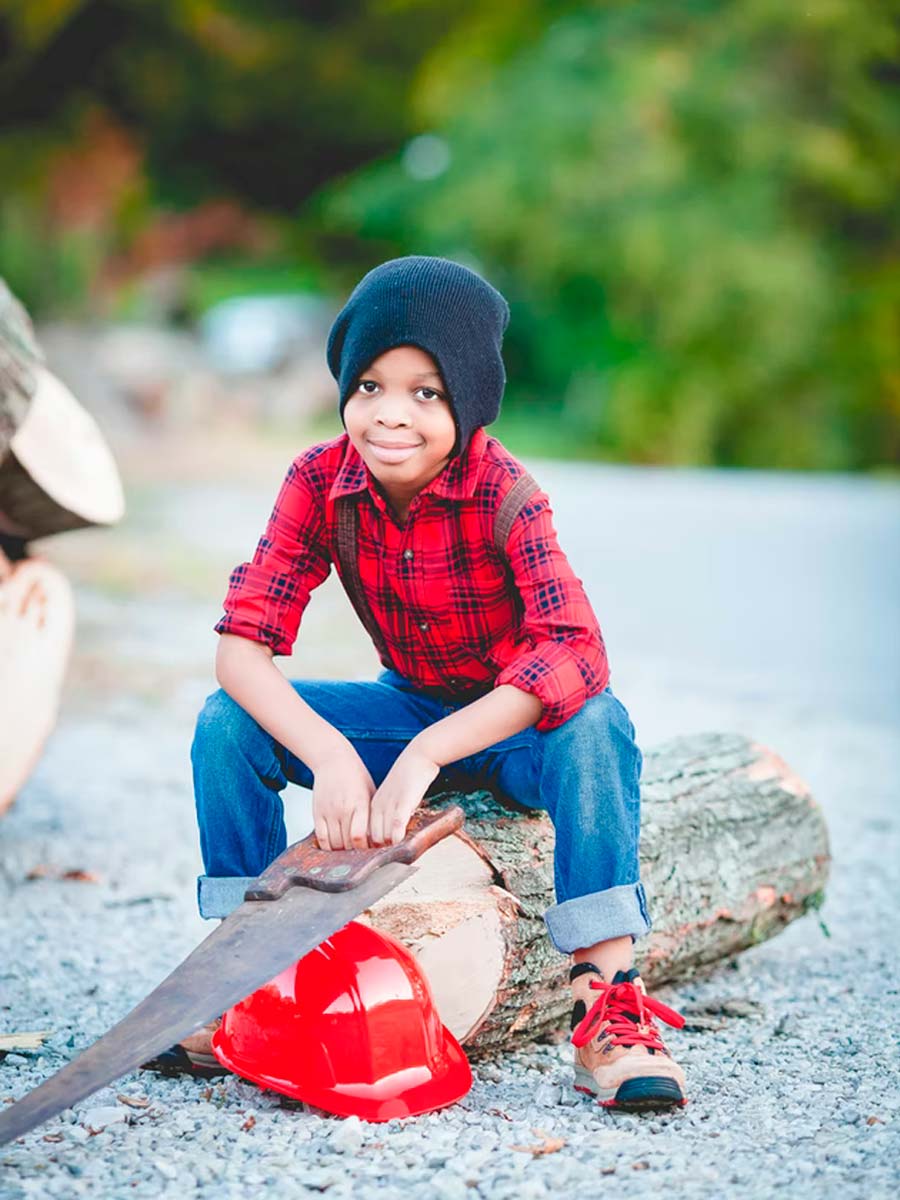

3. Summer Day Camp
Summer Day Camps are popular among school-aged children in the United States. These camps run for a few weeks over the summer break and allow children to experience a wide variety of different activities.
Some summer day camps have specific themes, and others provide a little bit of everything throughout the day. Children might attend an educational camping experience that focuses on musical theater or wilderness skills for a few weeks, or they could attend something broader.
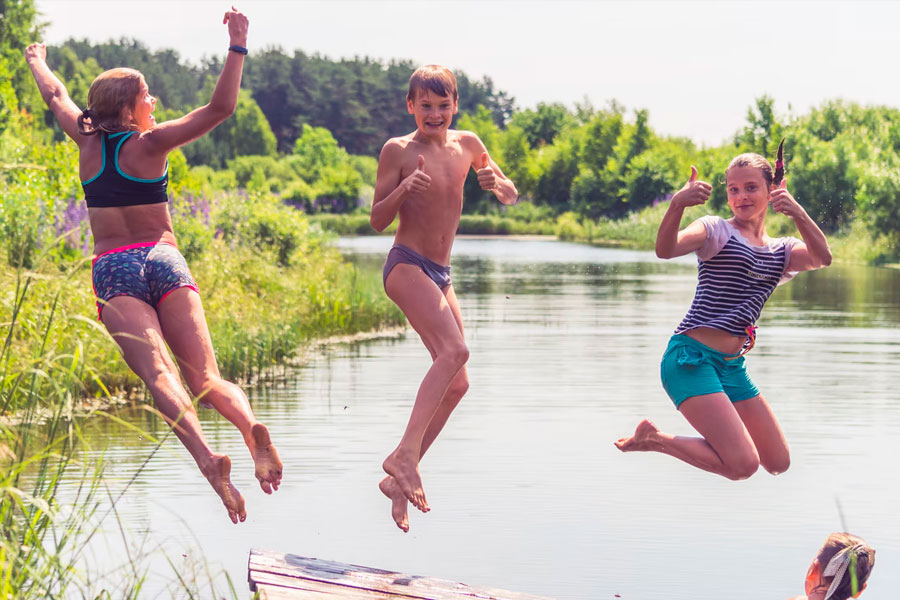

Many day camps provide children with multiple activities throughout the day. These activities can include:
- arts and crafts,
- swimming and sports,
- and even weekly trips to different local places.
4. Sleepaway Camp
Sleepaway camp is a staple for many children in the United States and internationally. These camps last for the duration of the summer and provide overnight accommodations for their campers.
Children often sleep in cabins and travel from activity to activity within a group. These activities vary every day and have specific counselors who are considered specialists in that specific field. All Summer Camps, but sleepaway camps specifically, provide children with a unique learning environment that challenges them to overcome their fears with dedication and perseverance.
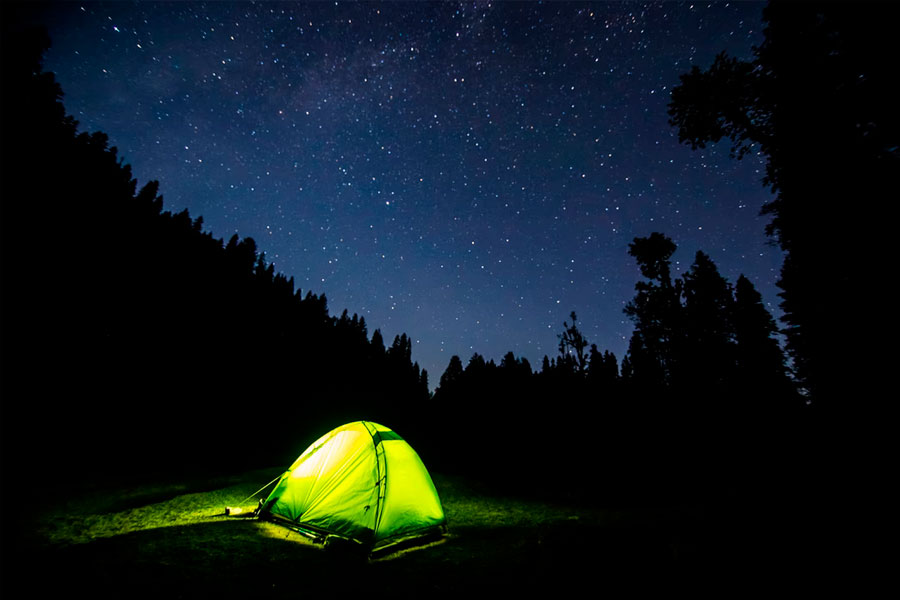

Many kids leave sleepaway camp with life-long friendships and a level of independence that their same-aged peers simply don’t have. It’s an excellent opportunity to learn and grow for campers of all ages!
5. Health and Wellness Camps
These are designed to teach participants about healthy living and include nutrition advice, fitness regimes, and education about how to live a healthier life mentally and physically. Health and wellness camps often include the participant’s:
- accommodations,
- meals,
- personal training,
- fitness classes,
- spa treatments.
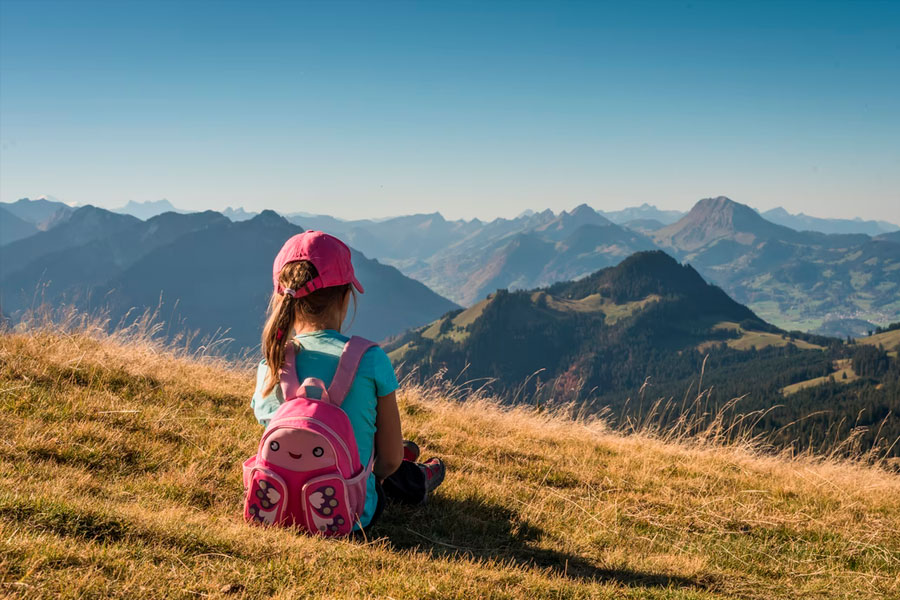

6. Retreats
Retreats are most often planned for adults. They provide people with the opportunity to get away from everyday life to focus on a passion of theirs for an extended period of time. Yoga, outdoor, and cooking retreats are among some of the most popular in the adult population.
7. Camping For Millennials
Although it may not seem obvious, millennials are fueling growth in camping in the United States. Millennials enjoy the feeling of freedom that camping offers as they realize the importance of making time for themselves to be happier and more productive. Camping also allows millennials to break away from home and add variety to their life. This allows millennials to enjoy camping and mountain biking at the same time. Cycling keeps the environment clean and allows you to get to access more destinations quicker.
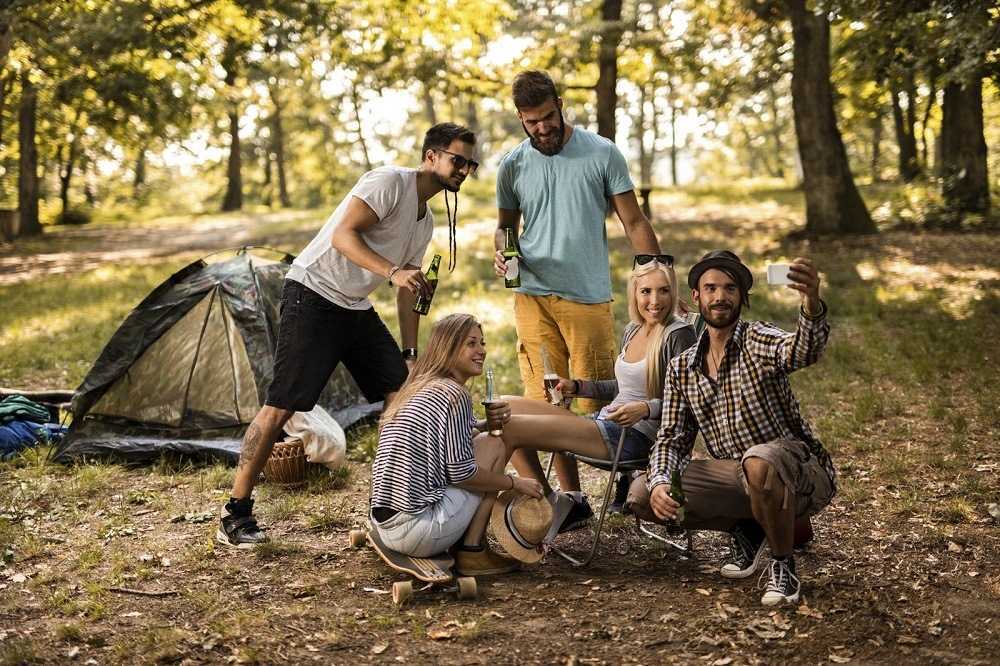

Encouraging Millennials To Escape Technology
Arguably, the biggest hurdle for millennials to leave home and experience nature is to remove them from their dependence on modern day technology in camping. For those who have not been away from their tech toys for an extended period, getting accustomed to this may be difficult. This is where some quality camping equipment can come in handy to make the spring camping experience a lot easier and a lot more memorable.
It is estimated that 75% of all millennial campers utilize social media daily to share their experiences. In addition to the essential Wi-Fi access, campgrounds now feature activities that provide a more relaxed approach to the outdoors.
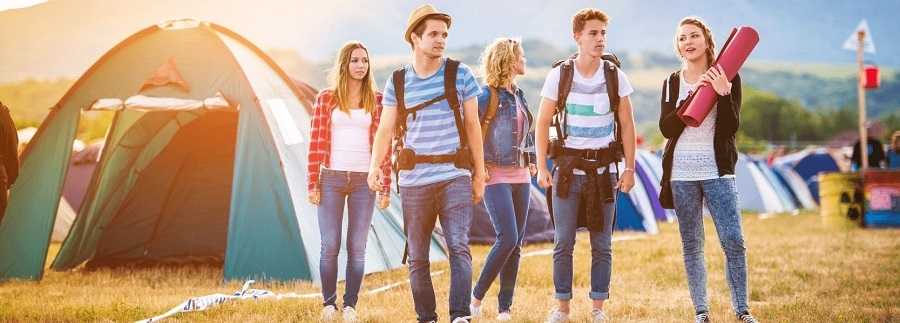

Millennials are social creatures who thrive and strongly desire to be around family and friends with whom they can enjoy and share their experiences. Campgrounds are now catering to this social experience activity, which is being desired more and more by millennials.
Benefits Of Educational Camping
Educational camping of any kind provides terrific benefits for all who are involved!
Here are some benefits you can expect those who attend camp to gain from one of these learning adventures.
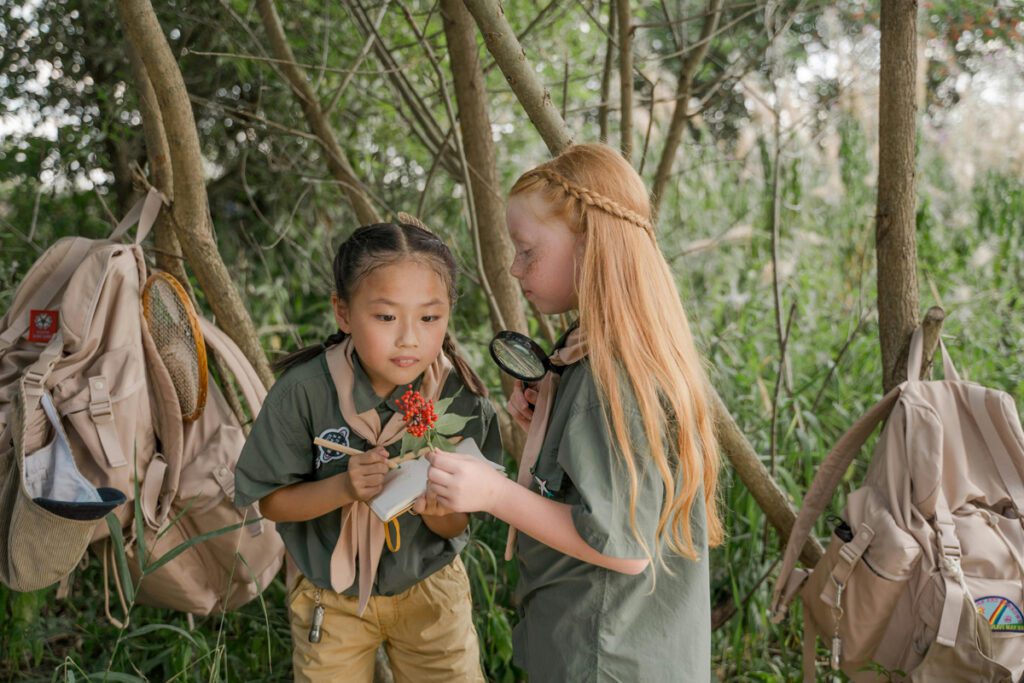

Education
No matter what type of camp a child attends, there’s a lot that they can learn from it. Some camps are dedicated to teaching a specific interest like tennis, camping, or the arts, and others allow campers to explore many attractions.
There are going to be multiple learning opportunities at every camp. Skills, strategies, and information specific to the theme of the center will become fast knowledge.
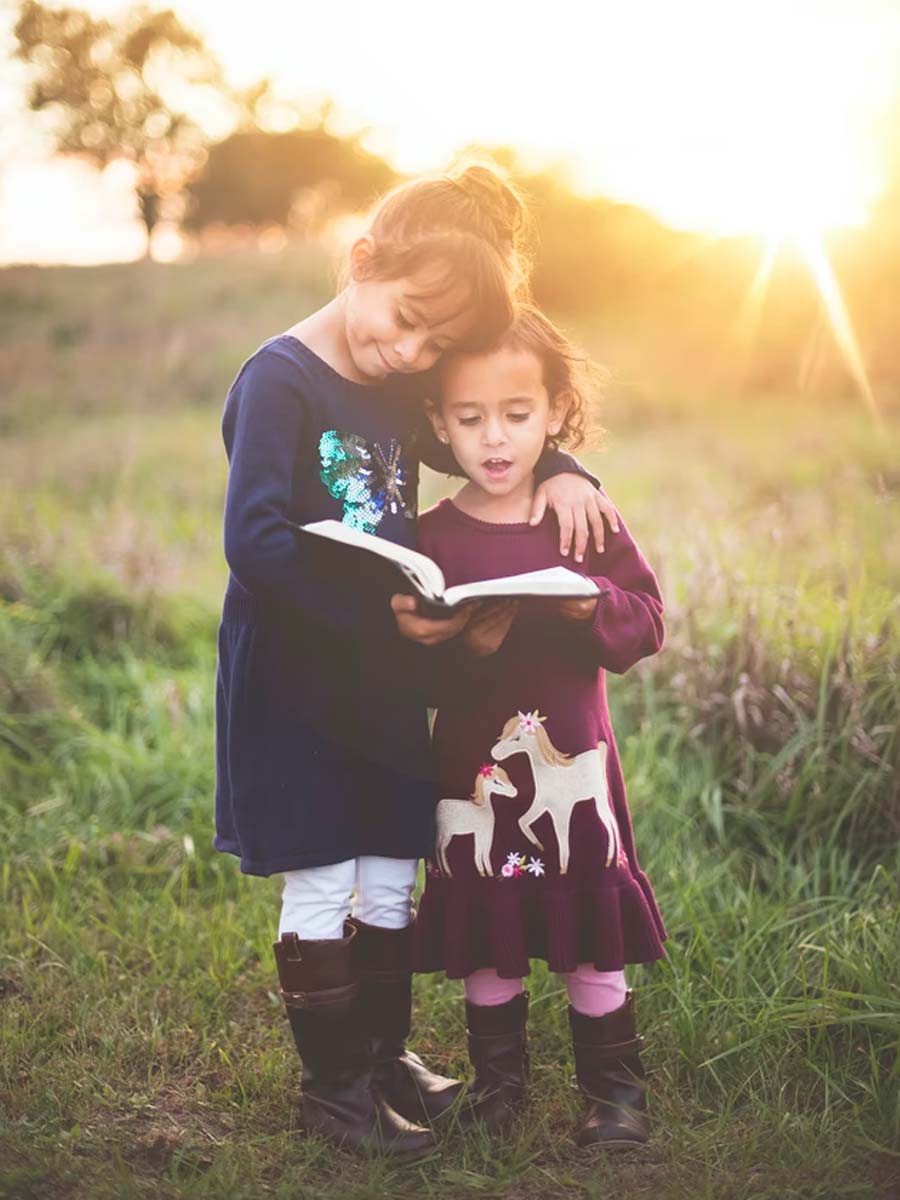

Social and Emotional Learning
Whether you’re learning a multitude of hard skills or honing your soft skills, your time at camp will help you develop a healthy identity. In doing so, you’ll learn how to manage emotions and achieve personal and collective goals. You’ll gain practical experience in feeling and showing empathy for others, establishing and maintaining supportive relationships, and making responsible decisions.
Usually, in whatever camp it is, young people can willingly interact with their mentors and work on their projects together with their peers. That will help them develop their skills working within a team and understand the leader/follower relationship.
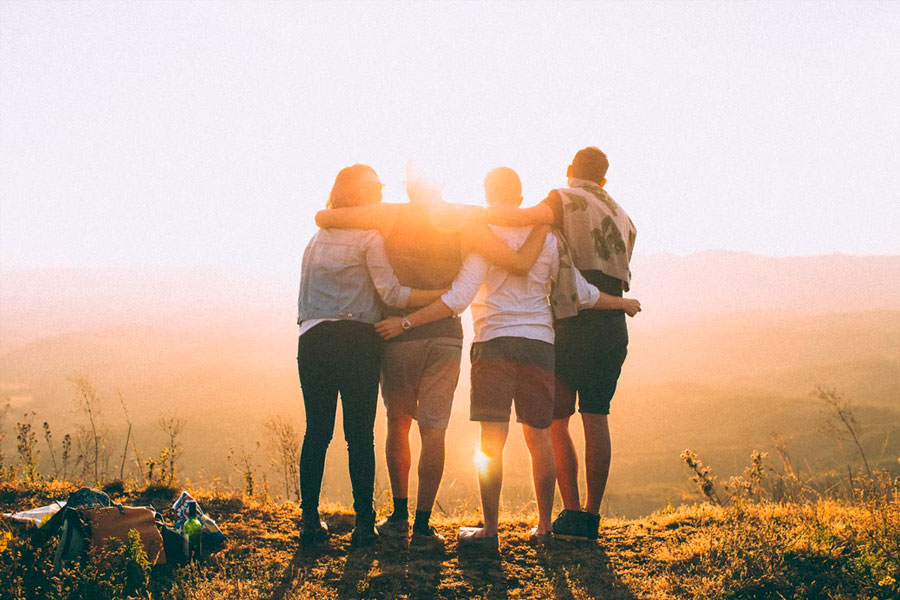

Also, camps are full of educational camping activities that can develop other soft skills, such as:
- problem-solving,
- flexibility,
- and communication.
These skills are critical to an individual’s success as they age and are easy to hone in on while in a camping education environment.
Friendships and Relationships
Regarding socializing experience, kids who attend camps will spend a lot of time with others. That includes communicating and interacting with peers and mentors or coordinators within those camps. Children and teenagers can boost their self-esteem and increase their skills in adapting and socializing with other people.
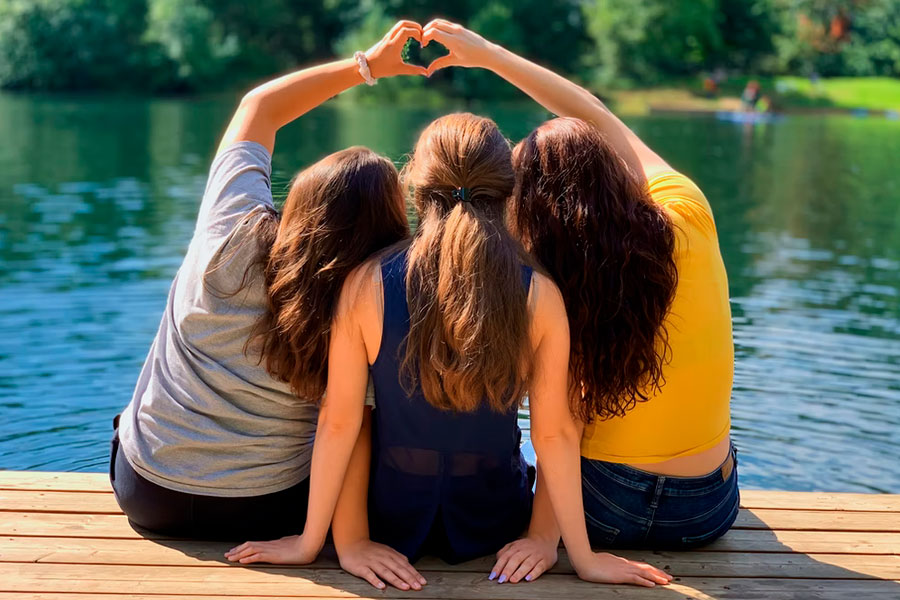

If they’re learning a specific skill, they’ve already found other kids with whom they may share interests. At the end of the educational camping experience, many of them walk away with friendships and relationships that will last a lifetime.
Regardless of its focus, being a part of a camp can build a sense of community between participants. There are usually many group activities where everyone works together, which highlights the importance of community. It will develop an understanding of civic responsibility both for adults, teenagers, and children.
Positive Feelings About Nature
Regardless of whether adults or younger people are doing nature camps, they able to learn survival skills. Survival skills may include spending time in wild nature without the comforts you have at your house. It can also be activities like learning how to start a fire in the wild or navigate unfamiliar places.
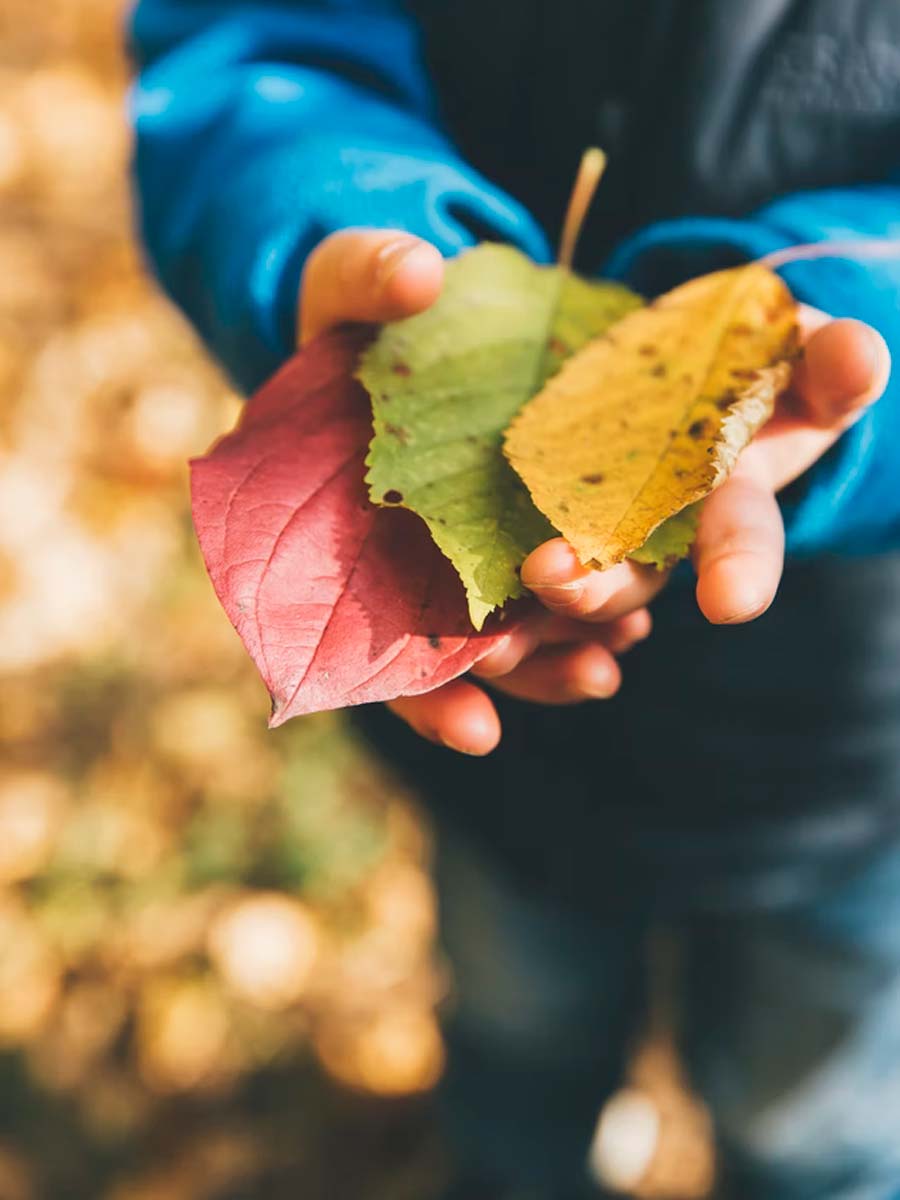

Overall, one of the essential parts of such an educational camping experience is that people can learn to respect nature. They will learn how to survive outdoors and develop the knowledge they can use next time they’re camping. Participants usually leave these learning camps with tremendous respect for nature than when they started.
Screen-Free Time
Time away from our screens or unplugging is becoming increasingly more critical, especially for our children. Although many camps may provide campers with the opportunity to use a cell phone or play a video game, they’ll be spending significantly less time looking at a screen while at camp. A camper’s schedule is packed with great activities that they won’t even miss their screen time!
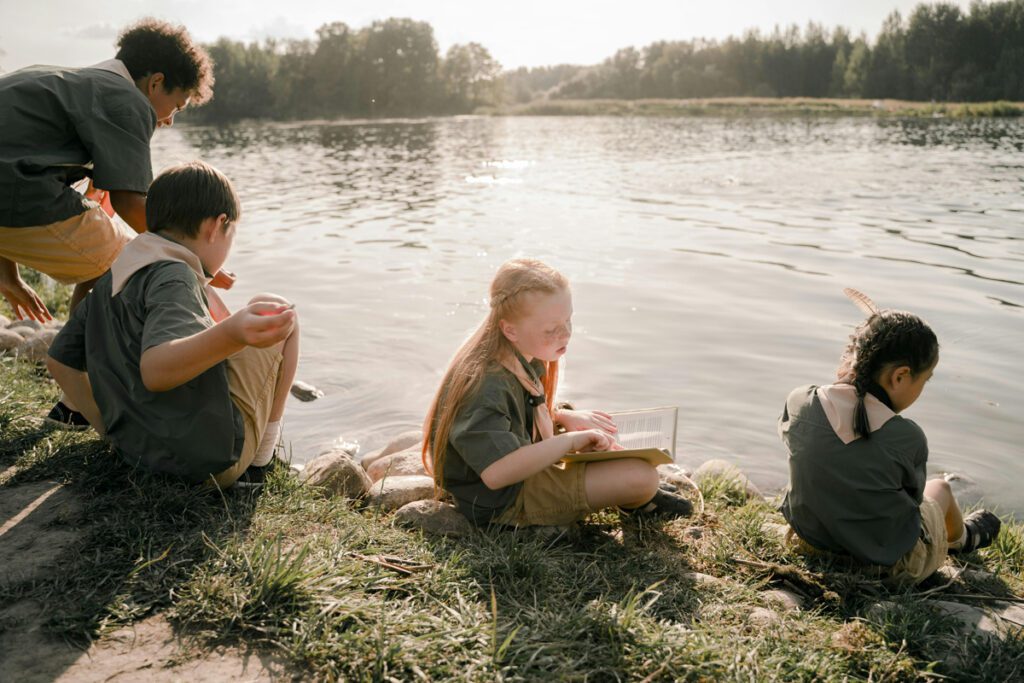

Independence And Self-Esteem
Participants, especially those in summer camps, have many opportunities to work by themselves and build skills. They leave with a greater sense of self-worth and more independence as they have a chance to prove themselves and show what they can do during camping games.
Educational camping games will help participants as sometimes those activities can be single or group projects, which kids have to accomplish at the end of the camp. Those projects usually have special topics depending on the camp type.
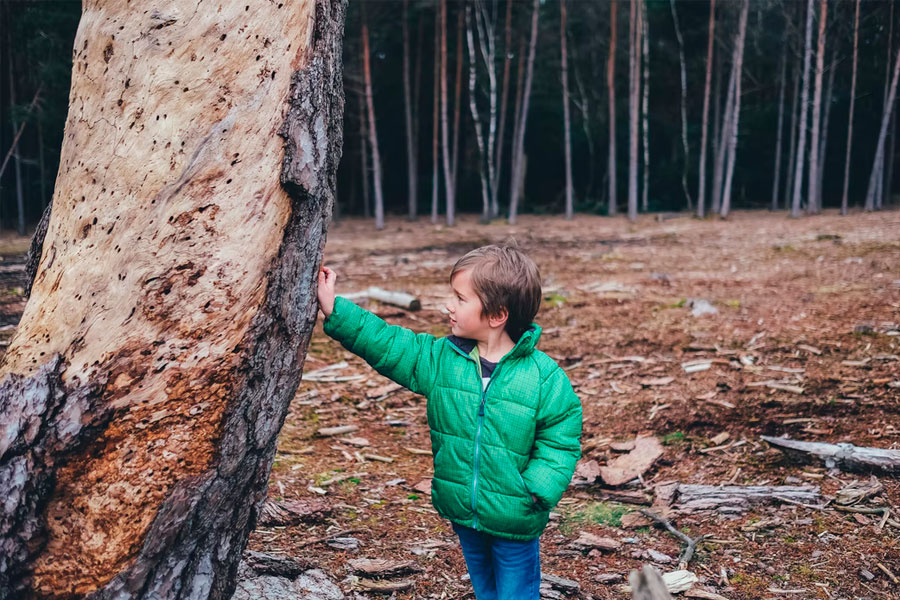

Cultural Enrichment
While children or teenagers work together with other camp participants, they can share their experiences and make friends. This develops their cultural understanding and shows them more about the world, especially if the camps have participants from different nationalities.
If the camp is international or has people from different parts of the world, it helps teach its participants about other cultures and their traditions. International camps have a way of inspiring acceptance among young people through shared experiences.
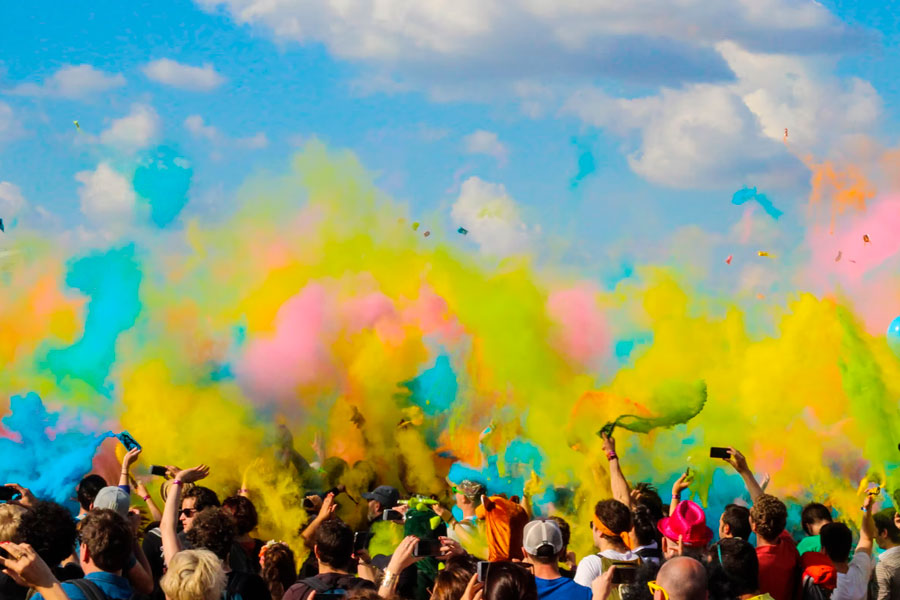

Conclusion
Camping on its own can offer education to children, but attending a specialized camp that teaches and inspire people would be even more beneficial. Whether your child has a particular interest in learning more about a topic, or you just want to help improve their social skills and love for nature, educational camping is a great place to start.
Some of these camps will offer amenities and supplies, whereas others will deliver an actual back to nature approach. Whichever educational camp you and your child decide on, be sure they have the right gear to make it a success. Even if you’re planning on hosting a camping education event, plan it out and have these benefits included.
Thus, be sure to try those educational camping opportunities as they provide as many benefits as you can imagine. In addition, many types are available to people of different ages.
Resources:

